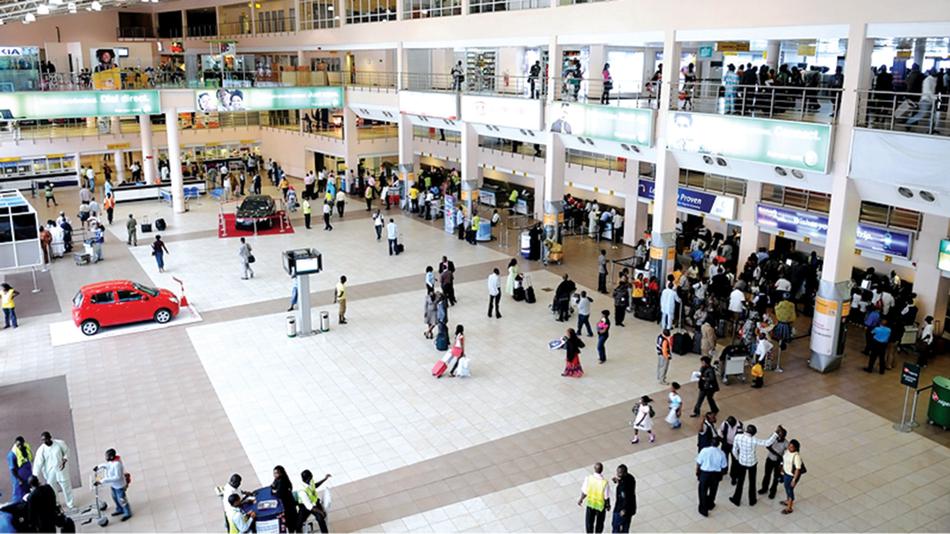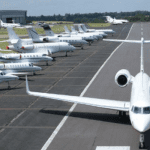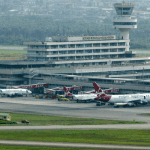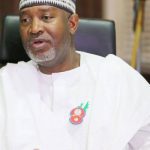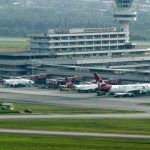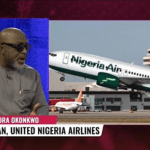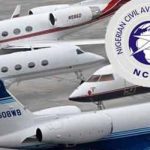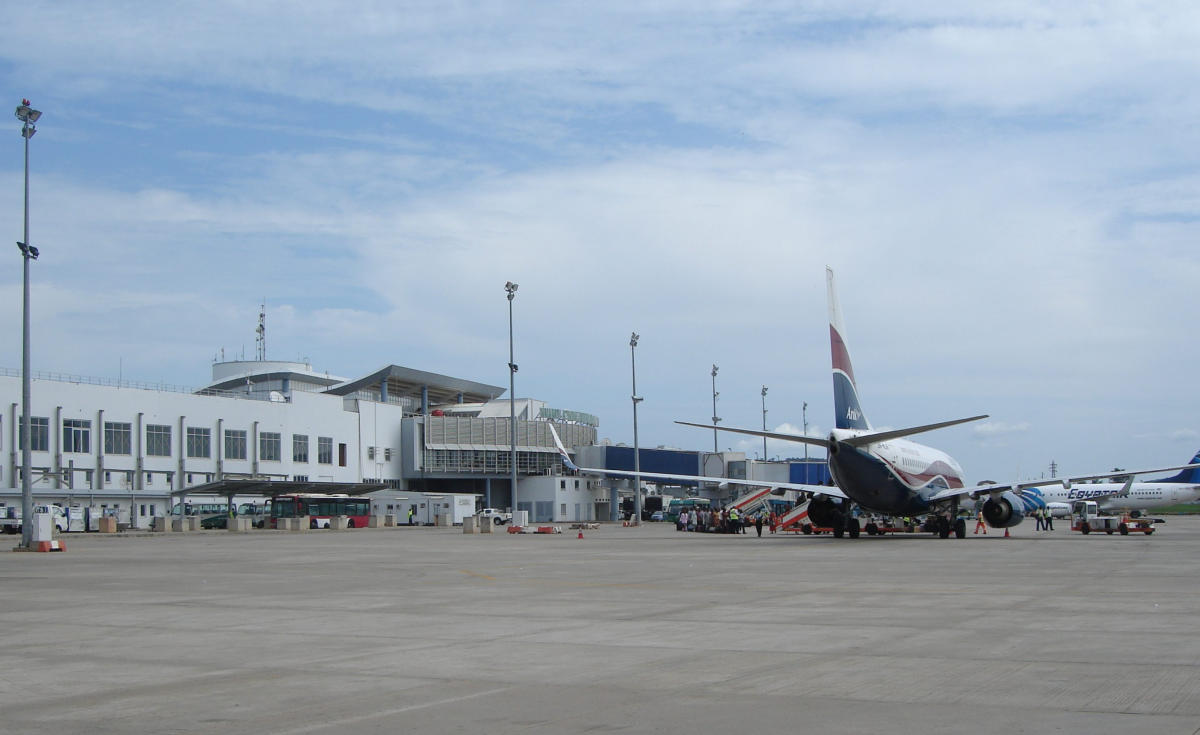
Nigeria’s Aviation Sector has recorded more highs than lows in 2018.
Some industry practitioners argue that the the high points could be built upon to take the sector to the desired level.
Nigerian Aviation Sector witnessed some progress that can be leveraged upon to develop the country into a hub in the West African sub-region.
This is the view of president Muhammadu Buhari while commissioning the Port Harcourt and Abuja International airports.
The four new terminals built at the cost of $600 million are expected to solve infrastructural deficit in the country’s aviation sector.
One of the critical points of the year is that, for the 4th year running, Nigeria has not recorded fatalities in the sector but only cases of serious incidents such as Air Peace oxygen mask. But Accident Investigation Bureau which has taken over the case says implementation of safety recommendations is key to prevention of accidents.
The Airline sub-sector made headway in reduction of taxation as the federal government granted the operators zero tariff on importation of spare parts into the country.
Tax waivers are estimated to cost the domestic airlines about N50 billion annually but some argue that there are issues to be addressed especially high cost of aviation fuel.
This year Nigeria attempted again to float a national carrier after failing to do so with Nigeria Airways, Virgin Nigeria, Air Nigeria and Nigeria Eagle.
The federal Executive Council suspended Nigeria Air project after its launch at Farnborough United Kingdom. But some say that the country should stay action and address persisting challenges at the nation’s airports.
The Nigeria’s aviation industry has been criticized for its inability to earn sufficient returns. Investigations reveal that the aviation industry in 2017 and 2018 lost more than $2 billion investment from international financiers who wanted a stake in Nigeria’s air transport sector due to the economic downturn.
The sector contributed about $0.7bn (N137.9 billion) to the Gross Domestic Product and projected investment of $12 billion in the short and medium term that would lead to passenger growth in 2019.
Nigeria’s passenger traffic for inbound and outbound destinations soared to about 18 million in 2017, surpassing that of 2016 by more than 20 per cent.
The sector is still battling insufficient skilled manpower, lack of perimeter fences giving way to many cases of stowaway,frequent power failure among others.
Some foresee that expansion in the economy would readily translate to a boom in business jet operations and the sector generally.

